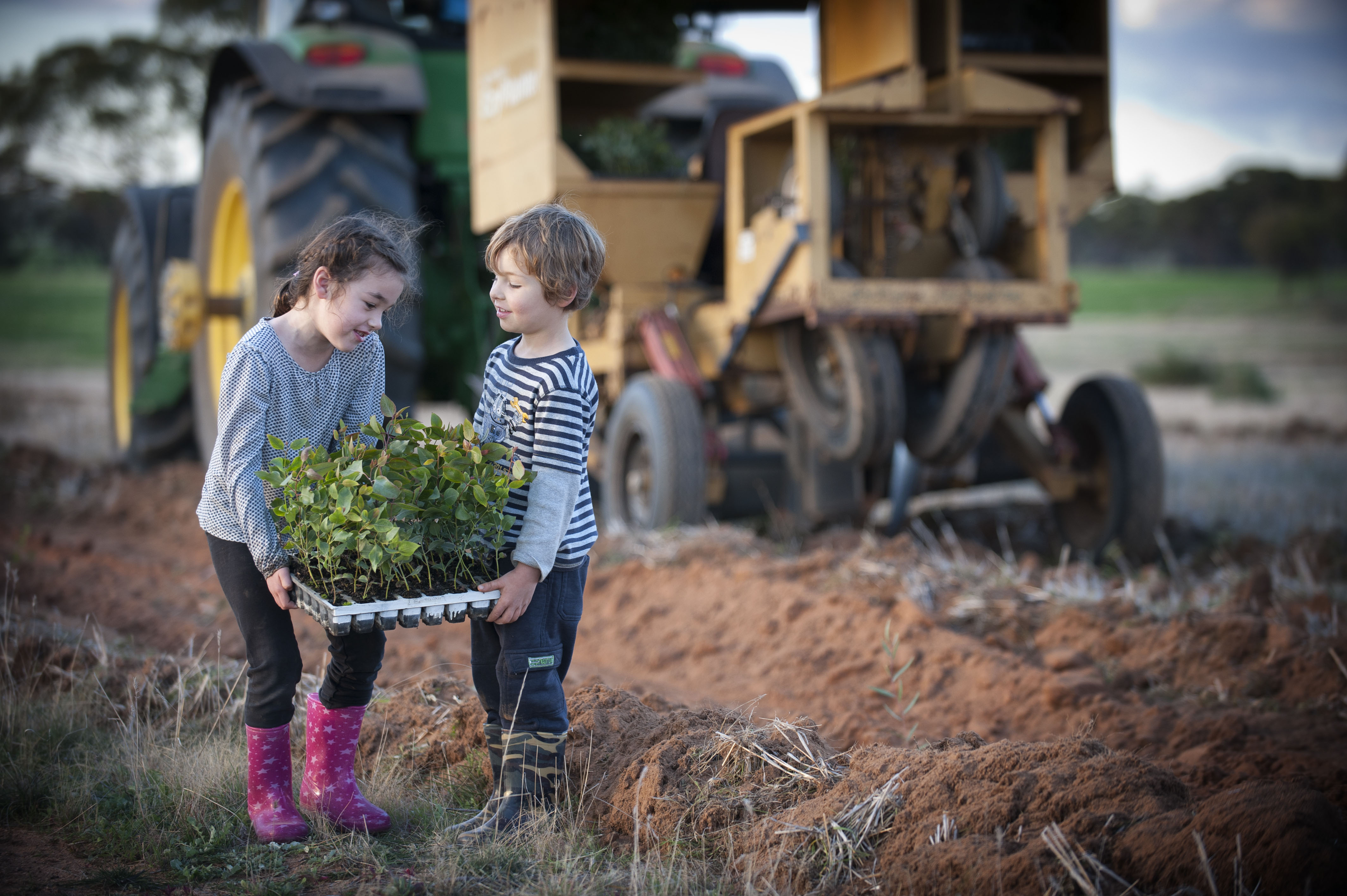
Farmers wanting to earn a return on one of the Wheatbelt’s most popular re-vegetation options are being told not to give up hope. Landholders have planted more than 20,000 hectares of oil mallees over the past two decades, which could be harvested for eucalyptus oil, biochar and biofuel. The native species has grown well under challenging conditions and fits with both livestock and broadacre cropping systems. But Wheatbelt NRM’s Georgie Troup said while the oil mallees have flourished, the industry has not been able to keep up. “Thousands of hectares of mallees grow, sequester carbon and produce oil every day but remain unharvested,” she said. “Many of these trees are becoming too big to harvest with existing machinery. “Because of issues including a lack of investment and direction in the processing side of things, the industry has stagnated.” Georgie Troup said there was new hope for the industry, with alternative products being researched and renewed investment. In order to help update growers on these options, Wheatbelt NRM and the Oil Mallee Association have organised a discovery tour for young farmers. Georgie Troup said the tour would address marketing options including a visit to a eucalyptus oil distillery, biochar experiments and the KD oil mallee harvester. “Young farmers need to know what they can do with a crop that is both frost and drought tolerant, and has the potential to be a new source of income,” she said. “It will also cover the latest research on crop competition and ripping trials of oil mallees which helps to prevent them lowering nearby crop yields.” “The tour brings together researchers working in each of these areas to share their latest findings direct to farmers.” The tour is free and will also feature an update on the carbon farming initiative and proposed methodologies for permanent and harvested mallees. The Future Farm tour will run from the 20th to the 22nd March. For more information call Wheatbelt NRM’s Georgie Troup on 9670 3100 or email gtroup@wheatbeltnrm.org.au

